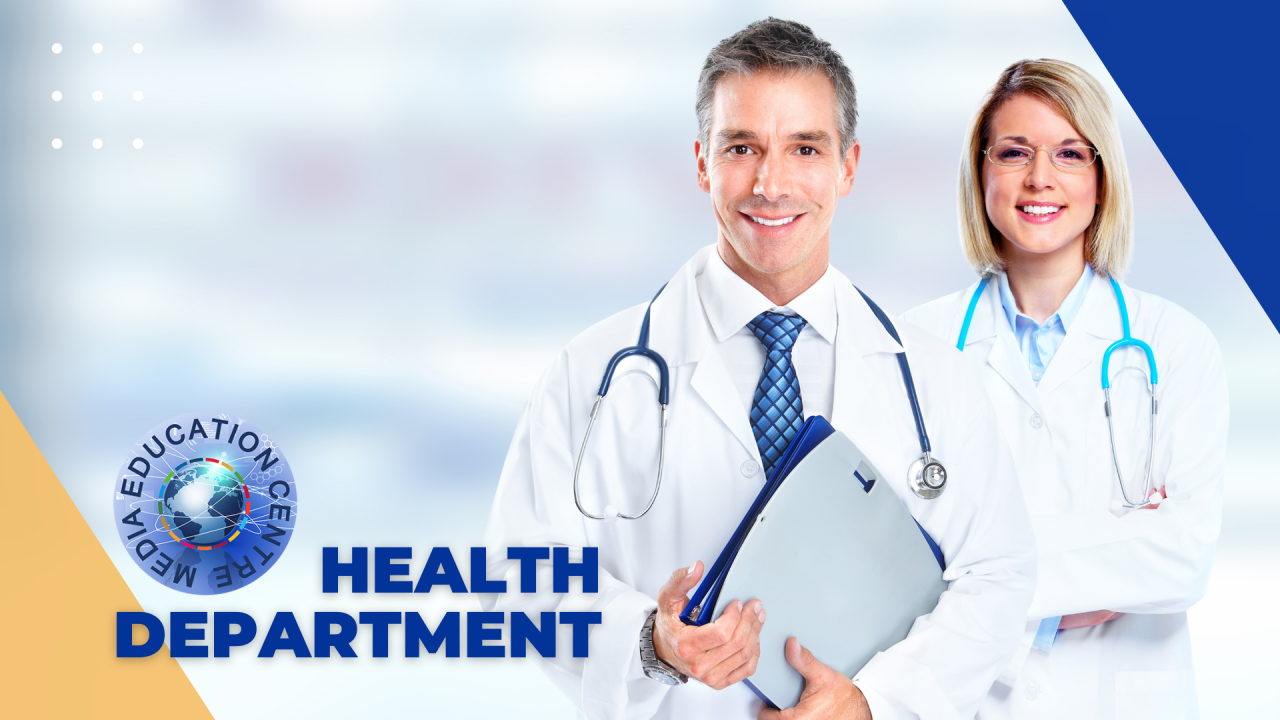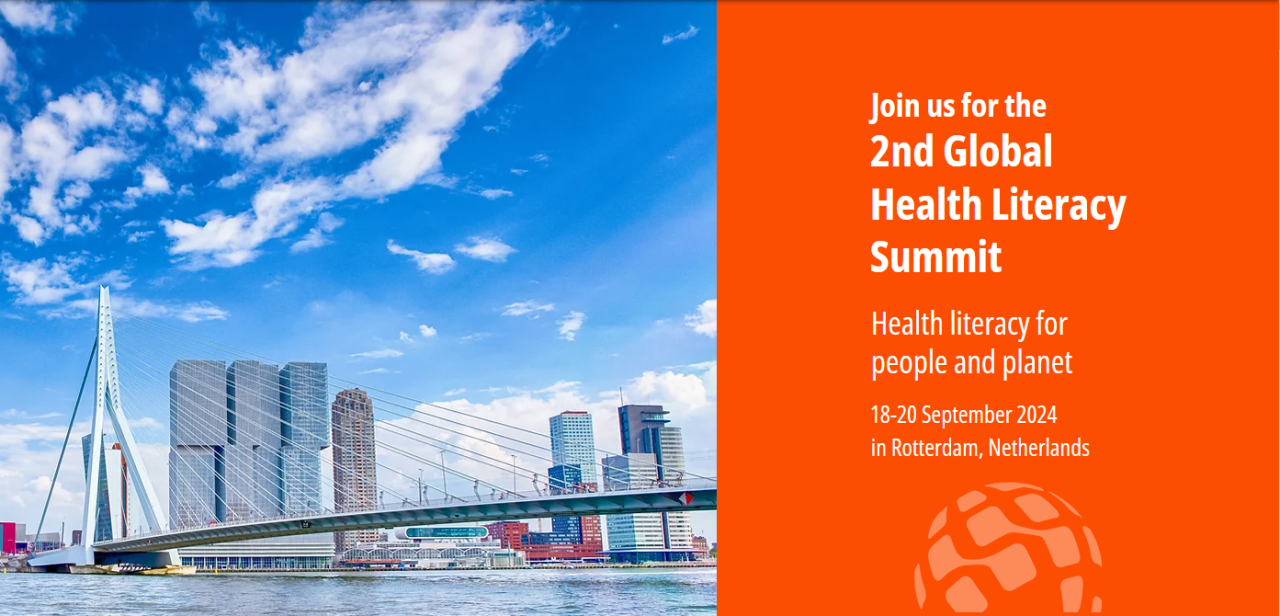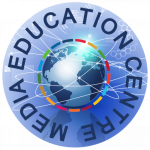As we propel into the future, one thing becomes increasingly clear: health literacy is not just a luxury, but an absolute necessity. In a world where health information is omnipresent in people`s information ecosystems and their everyday lives, people and systems must be capable of deciphering what’s truly beneficial for our well-being and delivering the best action to promote and maintain good health outcomes.

“Health literacy represents the personal competencies and organizational structures, resources and commitment which enable people to access, understand, appraise and use information and services in ways which promote and maintain good health – WHO, 2021.”
Imagine a future where everyone is equipped with these competencies to understand their own health needs, make informed decisions about health promotion, and treatments, engage in communication and interaction with health professionals, and navigate complex healthcare systems with ease. This goes hand in hand with organizations that respond to individual`s health literacy needs, help people achieve the best health outcomes, and make sure to provide equitable health services for all. That’s the power of health literacy.
But it doesn’t stop there. In our rapidly evolving world, new health challenges emerge constantly – from novel diseases to groundbreaking treatments. Health literacy isn’t just about understanding the basics. but also becoming a critical thinker; it’s about staying ahead of the curve, adapting to new information, and making choices that promote long-term wellness.
Important event in 2024:



